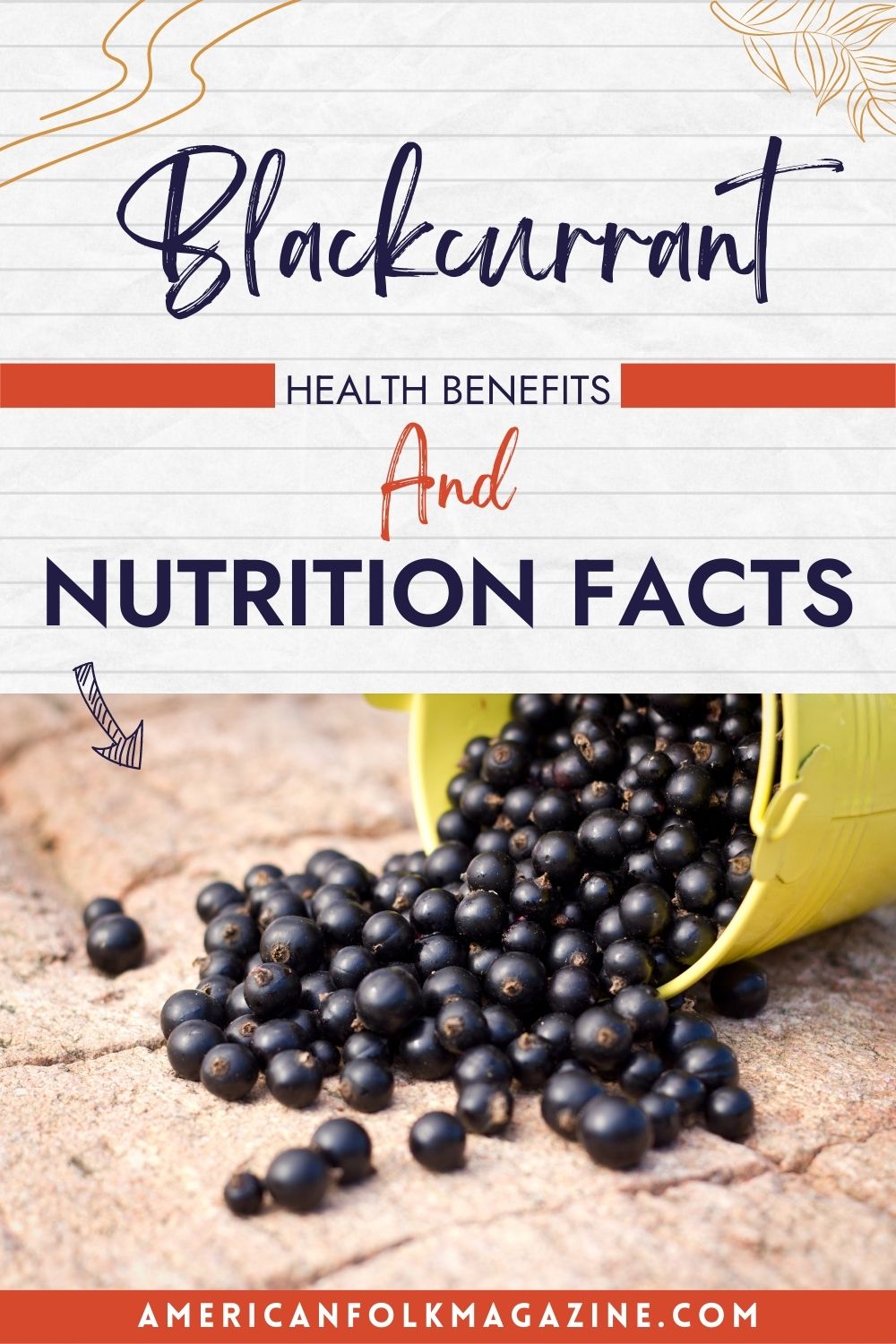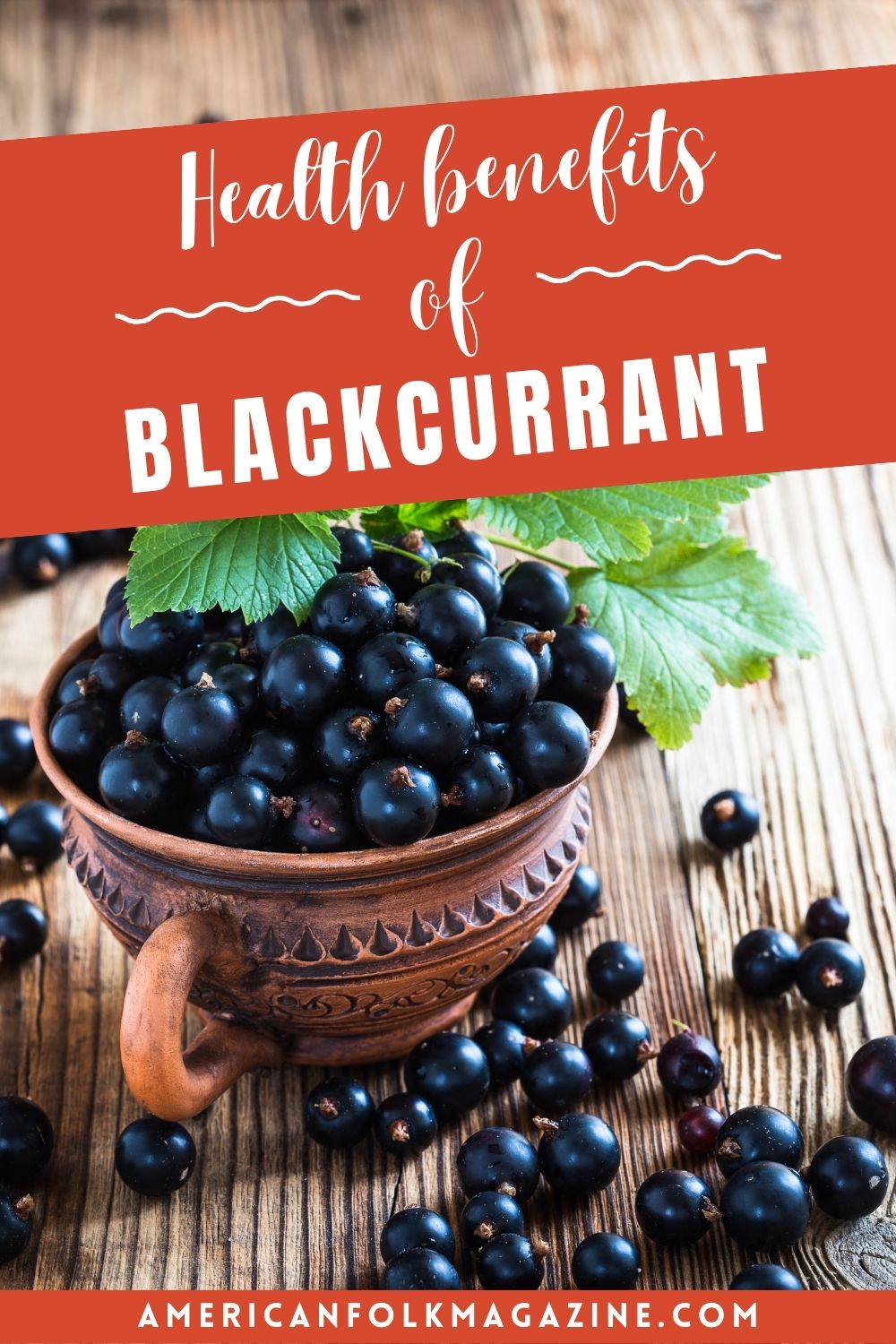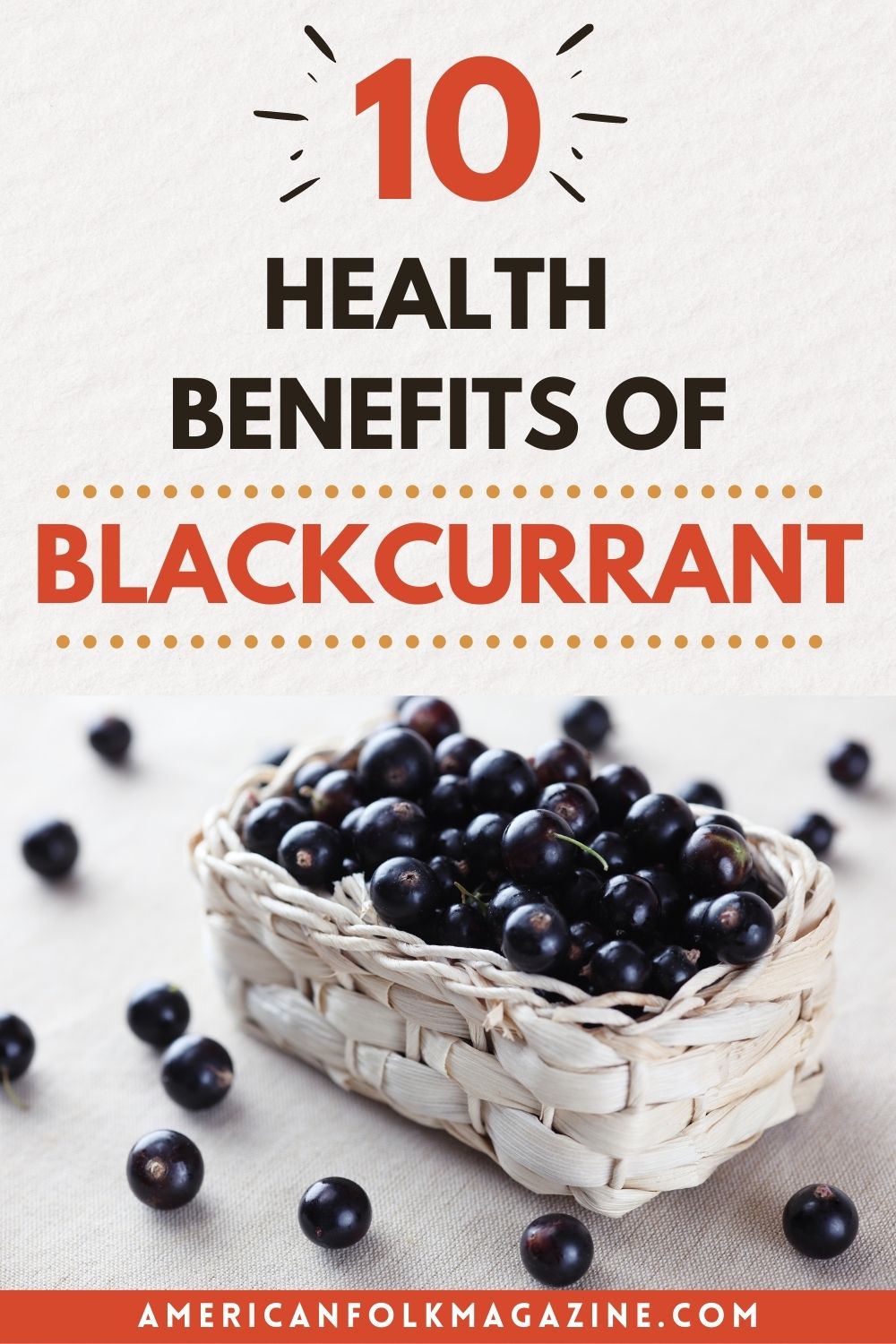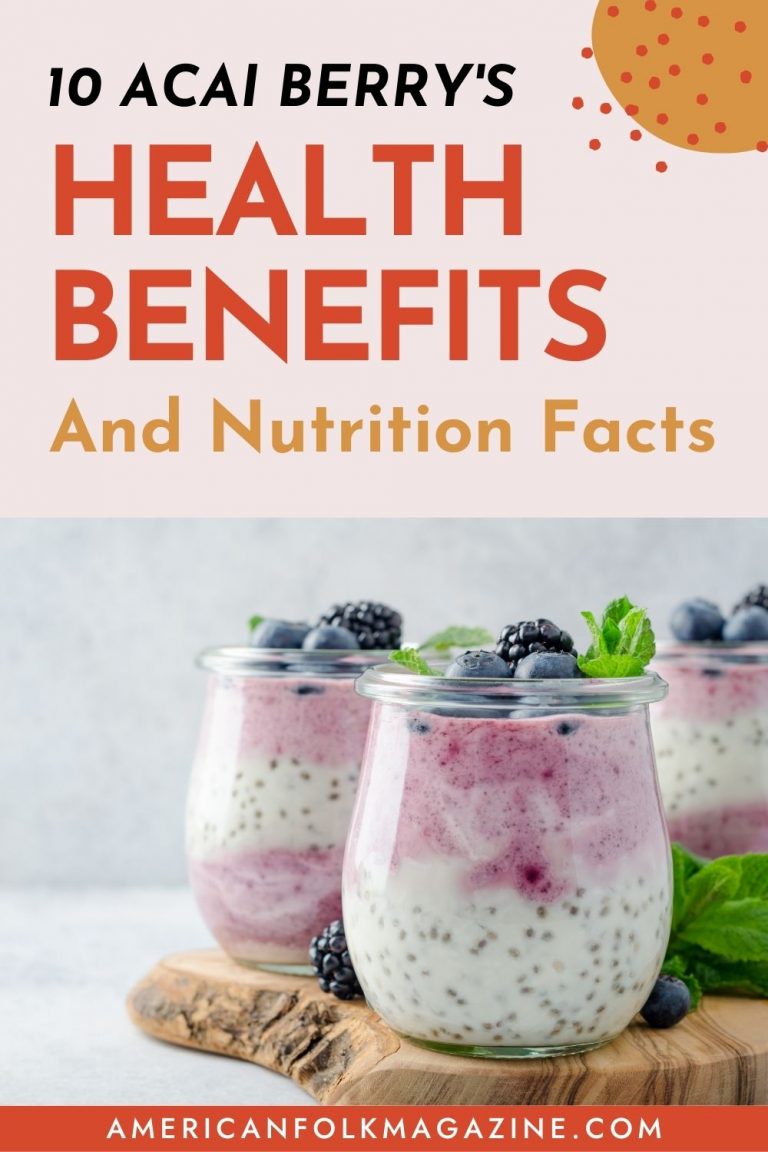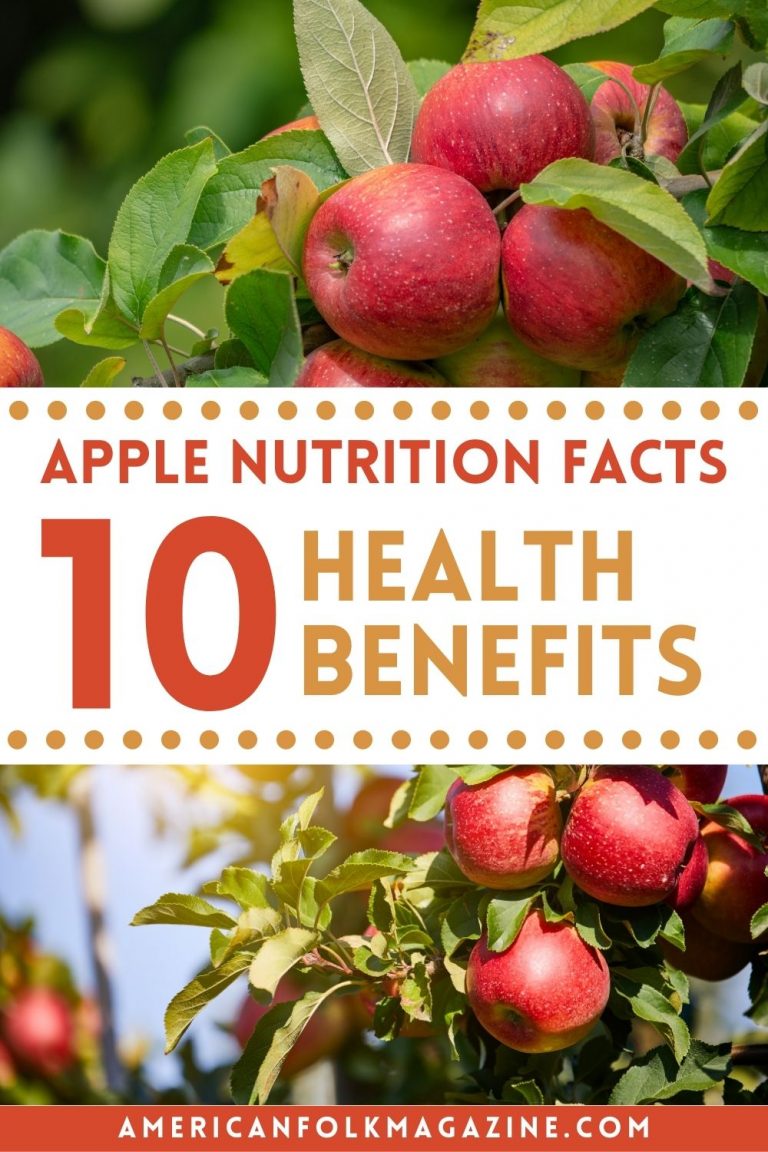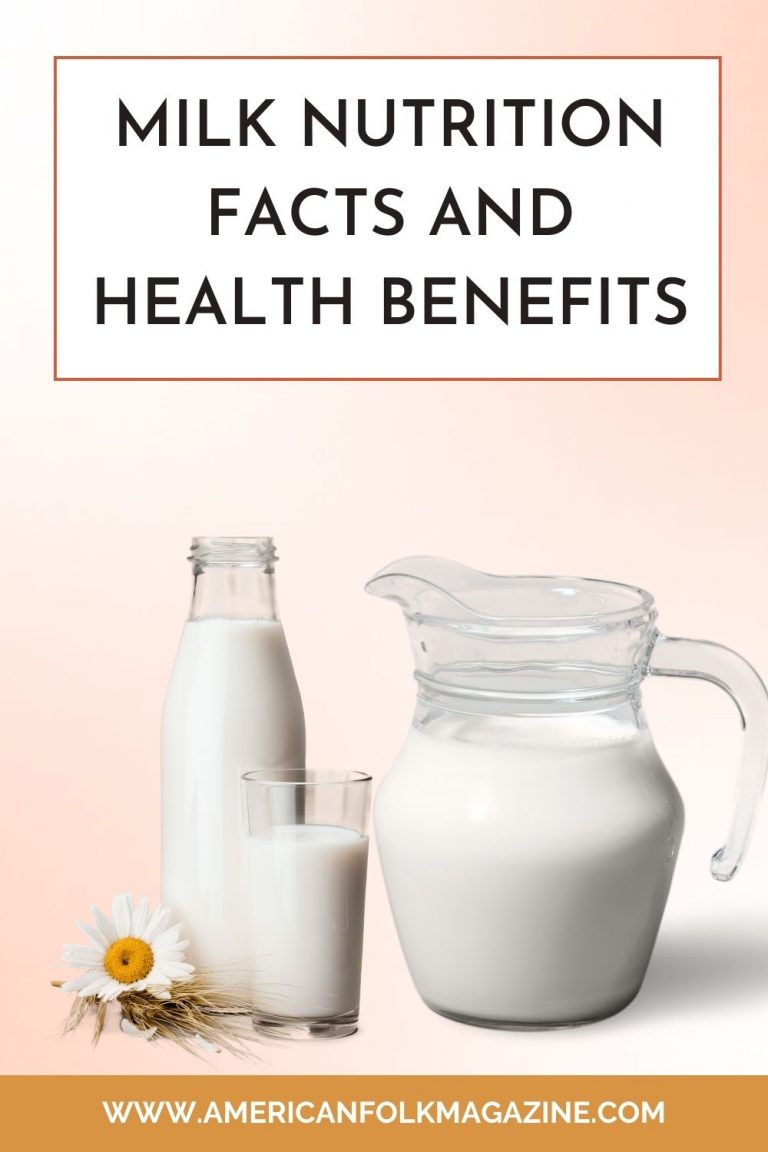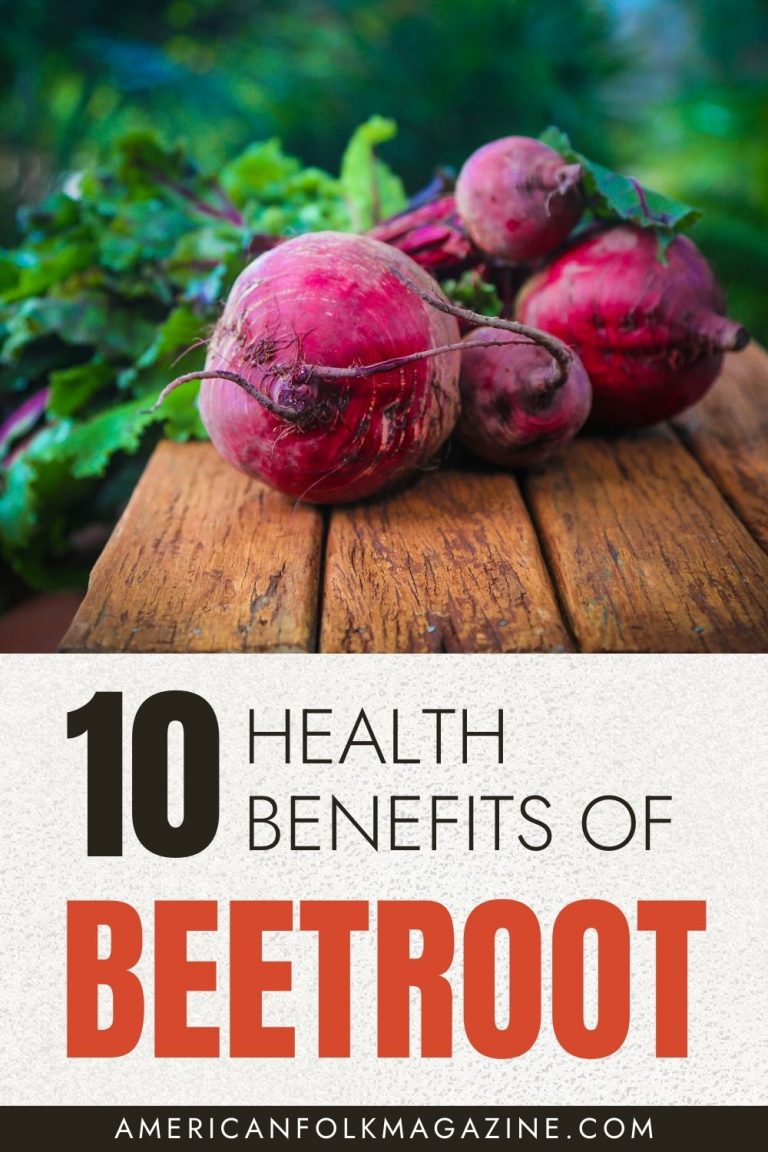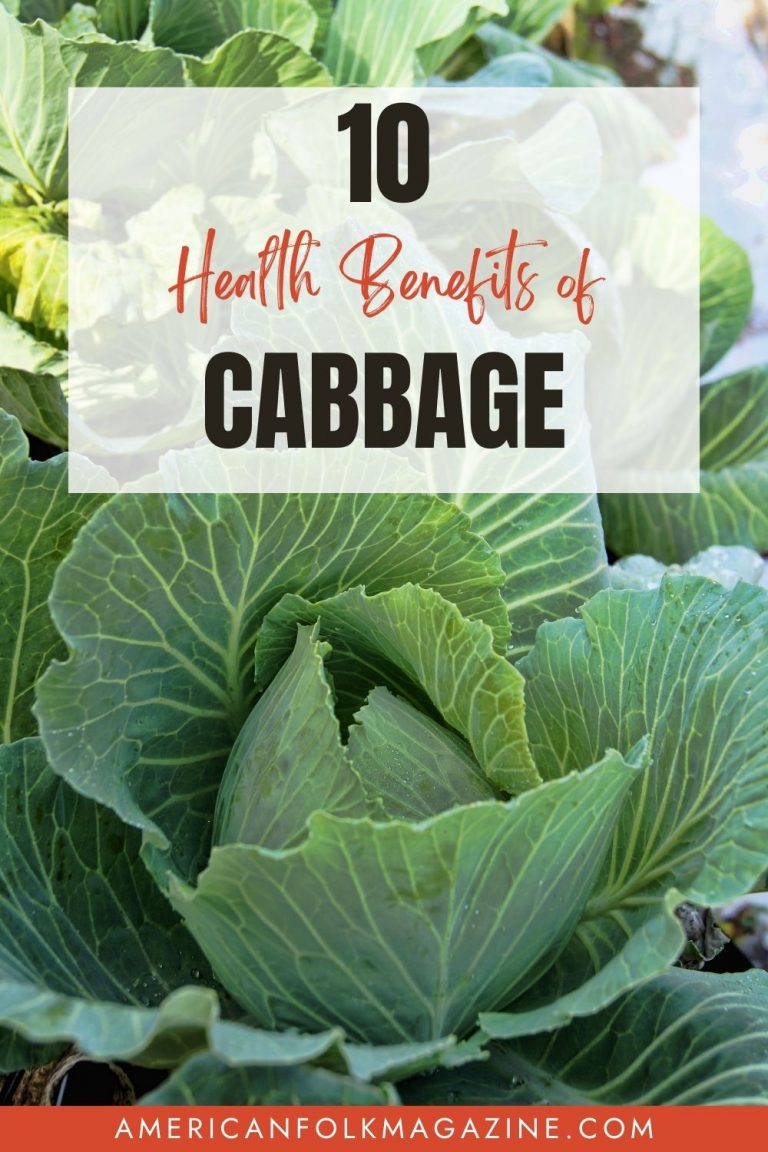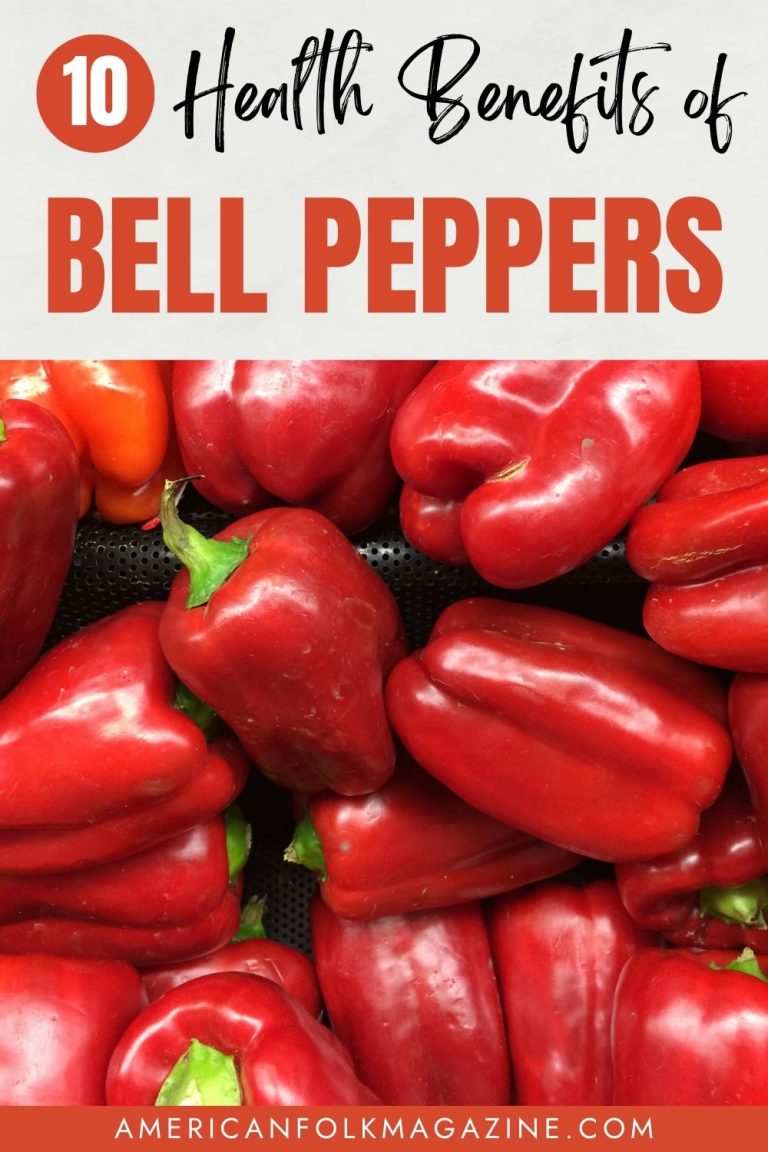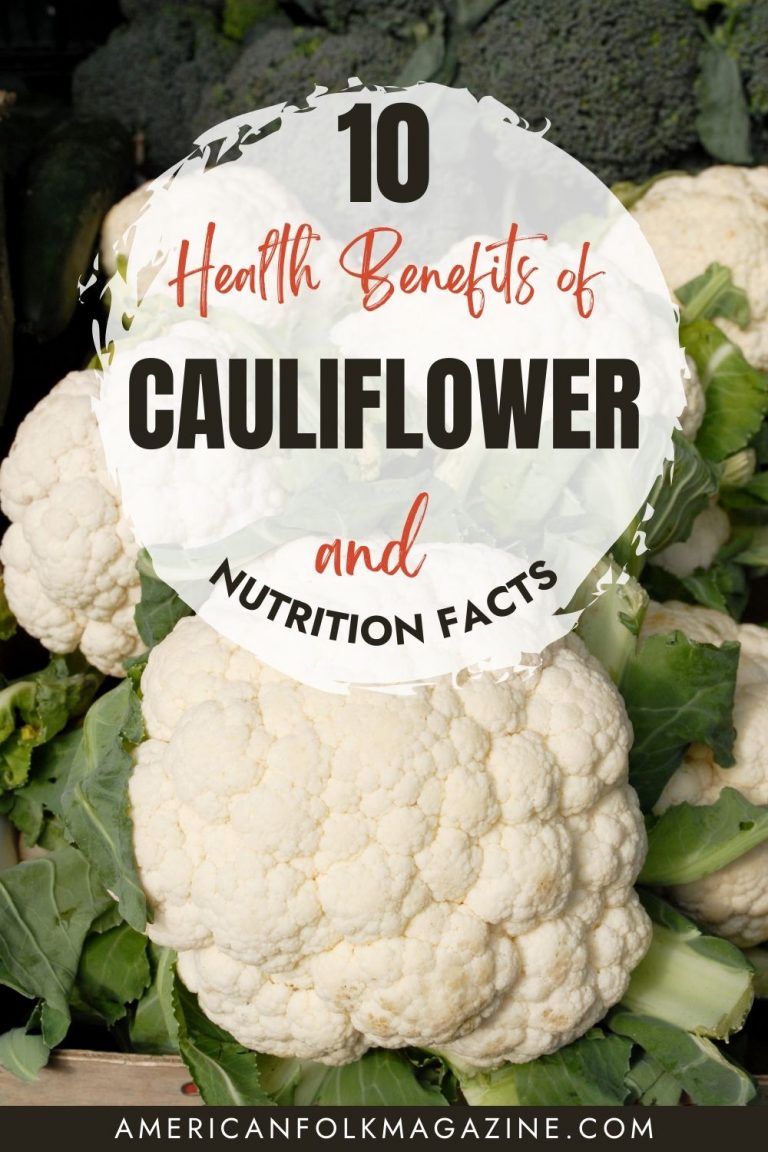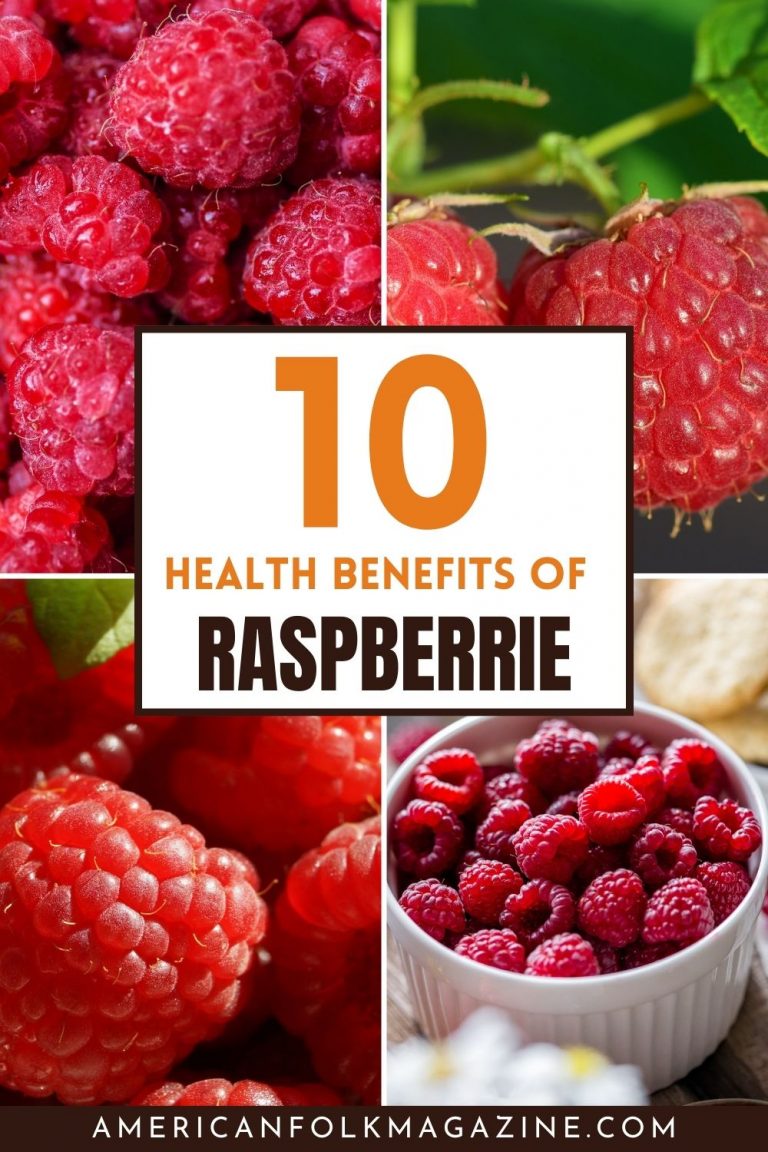Blackcurrants, small yet mighty berries, are a powerhouse of nutrition and health benefits. Native to central and northern Europe and Siberia, these glossy, dark purple berries are a popular summer treat. They are not just delicious but also packed with a variety of phytonutrients and antioxidants that are essential for our health.
Blackcurrants have a rich history, with their use dating back to the 1500s. They were once banned in the United States due to a fungus they carried that killed white pine trees. However, they have made a comeback and are now recognized for their incredible health benefits.
Blackcurrant Nutrition Facts
Below is a summary of the nutritional benefits of blackcurrants. The values are given per 100 grams of fresh blackcurrants.
| Nutrient | Amount |
|---|---|
| Calories | 63 kcal |
| Protein | 1.4 g |
| Total Fat | 0.41 g |
| Carbohydrates | 15.38 g |
| Dietary Fiber | 4.3 g |
| Sugars | 9.96 g |
| Vitamin C | 181 mg |
| Vitamin A | 230 IU |
| Vitamin E | 1.00 mg |
| Vitamin K | 2.2 µg |
| Potassium | 322 mg |
| Calcium | 55 mg |
| Iron | 1.54 mg |
| Magnesium | 24 mg |
| Zinc | 0.27 mg |
| Phosphorus | 59 mg |
| Anthocyanins (antioxidants) | n/a |
Top 10 Health Benefits of Blackcurrants
Immune Health
Blackcurrants are a powerhouse of vitamin C, a crucial nutrient that bolsters our immune system. They contain about 56% of the daily recommended value in a single serving.
This high concentration of vitamin C, coupled with the presence of anthocyanins, helps boost our body’s ability to fight infections and viruses more effectively.
Reduced Inflammation
These small berries are rich in an omega-6 fatty acid called gamma-linoleic acid (GLA). This compound is known to reduce inflammation and improve symptoms of inflammatory diseases like rheumatoid arthritis. Some studies even suggest that GLA can lessen joint pain and stiffness in people with arthritis.
Eye Health
The anthocyanin-rich blackcurrants may help treat glaucoma, one of the leading causes of blindness. The antioxidant increases blood flow in the eyes and may help slow the progression of glaucoma.
Other antioxidants present in blackcurrants may also help to improve dry eye and symptoms of eye fatigue.
Reduced Risk of Heart Disease
Incorporating blackcurrants into your diet may help improve your heart health and reduce your risk for heart disease.
Some studies show that black currant seed oil can help improve your total cholesterol levels and reduce triglycerides in your blood.
Digestive Health
Blackcurrants contain both soluble and insoluble fiber, both of which are vital for healthy digestion.
While soluble fiber slows digestion so your gut can absorb more nutrients, insoluble fiber keeps things moving through the digestive system. It also helps prevent the buildup of toxins and reduces your risk of colon cancer.
Diabetes Management
Blackcurrants have high levels of manganese, an important mineral for helping to control blood sugar levels.
Manganese may aid in proper insulin secretion and help level out blood sugar for people with type 2 diabetes.
Reduced Risk of Cancer
The antioxidants in blackcurrants help to fight free radicals in the body. They also help to reduce cell damage that can otherwise lead to certain types of cancer. Anthocyanins in blackcurrants may even help to slow the development of existing cancer cells in the liver.
Skin Health
Although there isn’t much scientific research about blackcurrant seed oil and its effectiveness for skin conditions, the National Psoriasis Foundation recommends the oil to help ease psoriasis symptoms.
Taken orally, blackcurrant seed oil can help slow the growth and development of psoriasis patches. It also can be applied directly to dry, itchy, or stinging skin.
Eye Fatigue and Visual Health
People who do computer work every day may benefit from blackcurrant supplements. One study found that 1 tablespoon of blackcurrant berries reduced visual fatigue two hours afterward.
It also improves the eyes’ ability to adapt to the dark and slows the progression of visual field deterioration in people with glaucoma.
Blood Flow and Metabolic Health
Blackcurrant extracts are shown to reduce risk factors for metabolic conditions such as type 1 and 2 diabetes. They also have a direct effect on your body’s inflammatory response and can help lower your blood pressure.
The GLA in blackcurrants also helps cells in your heart resist damage and slows down platelet clumping in your blood vessels.
How to Incorporate Blackcurrants into Your Diet
Blackcurrants are versatile and can be enjoyed in various forms. They can be found as dried fruits, oils, pills, and capsules. You can also find them in powder form for easy addition to smoothies or yogurts.
If you’re feeling adventurous, try making a tangy blackcurrant jam or bake them into muffins for a fruity twist. For a refreshing drink, consider a blackcurrant-infused tea or juice.
Precautions and Potential Side Effects
While blackcurrants are generally safe, they may interact with certain medications, particularly blood thinners.
They may also cause allergic reactions in some individuals. Always consult with a healthcare professional before adding a new supplement to your diet.
Conclusion
In conclusion, blackcurrants are a nutritional powerhouse with numerous health benefits. From boosting immune health to reducing inflammation, these small berries pack a big punch.
So, why not give them a try? Incorporate blackcurrants into your diet and enjoy the myriad of health benefits they offer. Remember, your health is your wealth!
References
- 6 Health Benefits of Black Currant (healthline.com)
- Black Currant: Health Benefits, Nutrients per Serving, Preparation Information, and More (webmd.com)
Pin It In Your Board
